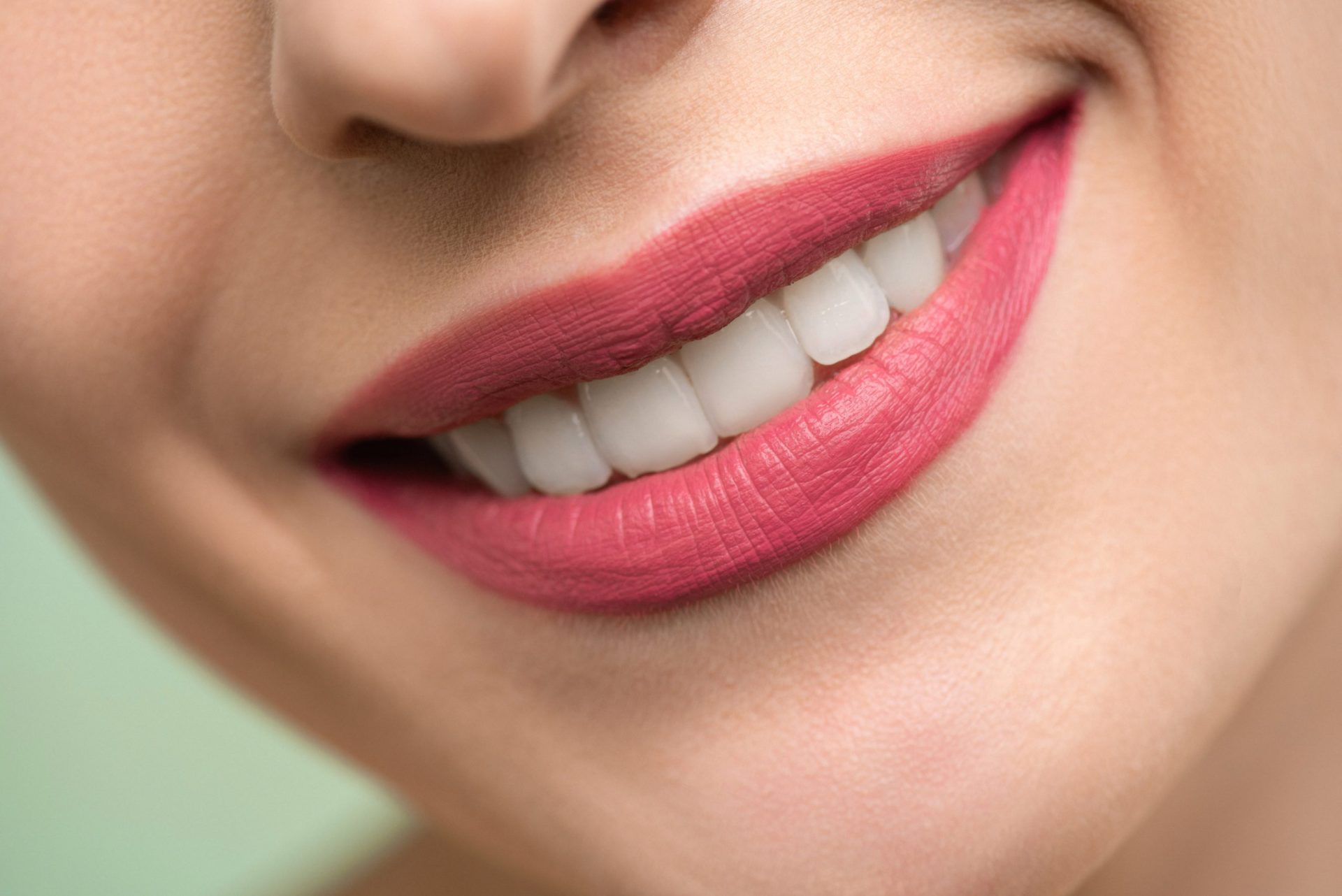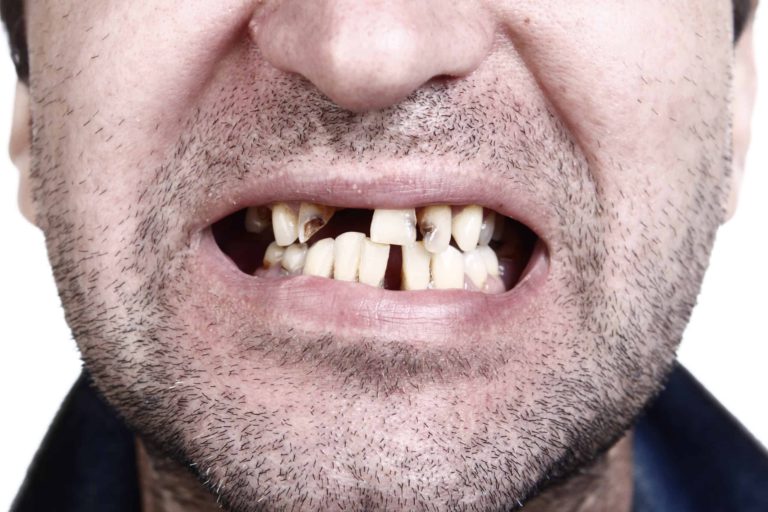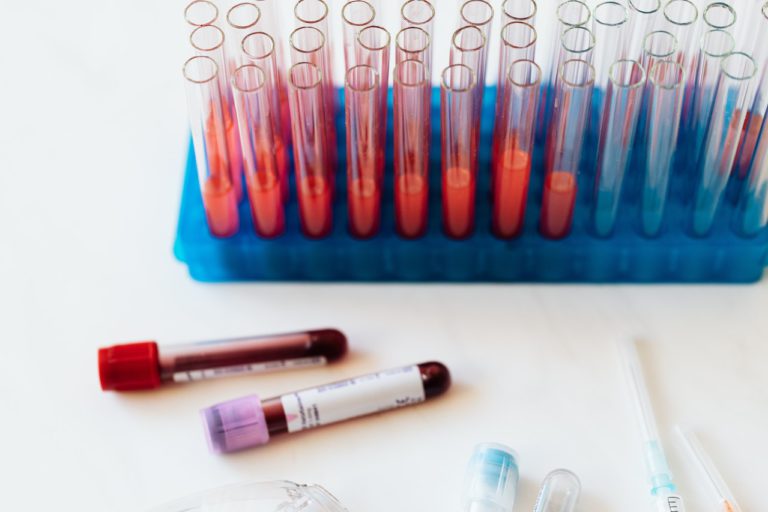
When it comes to maintaining good health, oral hygiene is just as important as any other aspect of wellness. Your teeth are the first line of defense when it comes to breaking down the food you eat, so keeping them strong and healthy is essential. In this guide, we’ll cover everything you need to know about keeping your teeth in top condition, including the best foods to eat, the best oral hygiene practices, and what to do in case of emergencies.
Understanding the Anatomy of Your Teeth
Before we dive into the specifics of how to keep your teeth healthy, it’s important to understand the anatomy of your teeth. Teeth are made up of four main parts:
The Enamel: Enamel is the hard, outermost layer that protects your teeth from damage
Dentin: Dentin is the softer layer underneath the enamel, and it’s where the nerves of your teeth are located.
Pulp: The pulp is the innermost part of the tooth, containing the blood vessels and nerves that keep the tooth alive.
Cementum: Cementum is a layer that covers the tooth root and helps hold it in place.
The Role of Nutrition in Dental Health
Maintaining a balanced diet is important for your overall health, but it also plays a critical role in dental health. Foods that are high in calcium and phosphorus, such as dairy products, leafy greens, and nuts, help to strengthen your teeth. Vitamin D is also important for dental health, as it helps your body absorb calcium. Foods high in vitamin D include fatty fish, egg yolks, and fortified cereals.
The Importance of Good Oral Hygiene Practices
One of the most important things you can do to keep your teeth healthy is to practice good oral hygiene. This means brushing your teeth at least twice a day for two minutes each time, flossing once a day, and using mouthwash to rinse away any remaining bacteria. When brushing, be sure to use a soft-bristled toothbrush and fluoride toothpaste.
Brushing Techniques

When brushing your teeth, use a circular motion and aim the bristles towards the gum line. Be sure to brush all surfaces of your teeth, including the front, back, and chewing surfaces. Don’t forget to brush your tongue as well, as it can harbor bacteria that can cause bad breath.
Flossing and Interdental Cleaning
Flossing is an important part of good oral hygiene, as it removes plaque and food particles from between your teeth. If you find traditional floss difficult to use, try using interdental cleaning tools such as water flossers, interdental brushes, or picks.
Mouthwash and Rinsing
Mouthwash can be used to freshen your breath and kill any remaining bacteria in your mouth. Rinsing with water after eating can also help to wash
Regular Dental Check-Ups and Professional Cleanings
Even with good oral hygiene practices, it’s still important to visit the dentist regularly. Dental check-ups and professional cleanings can help identify and prevent dental problems before they become more serious. A dentist can also provide advice on maintaining good oral hygiene and recommend any necessary treatments.
Maintaining Dental Health for Children
It’s never too early to start promoting good dental health habits in children. Encourage them to brush their teeth twice a day and teach them how to floss properly. Limit their consumption of sugary and acidic foods and drinks, and take them for regular dental check-ups from a young age.
The Effects of Aging on Dental Health
As we age, our teeth and gums become more vulnerable to damage and disease. However, maintaining good oral hygiene habits can help prevent many age-related dental problems. It’s also important to seek prompt treatment for any dental issues that do arise, as they can become more serious if left untreated.
Dental Emergencies: What to Do
Even with good dental hygiene and regular check-ups, dental emergencies can still happen. If you experience sudden tooth pain, a cracked or broken tooth, or any other dental emergency, seek prompt treatment from a dentist. In the meantime, avoid putting any pressure on the affected area and take over-the-counter pain medication as directed.
Common Myths About Dental Health
There are many myths and misconceptions about dental health that can lead to poor oral hygiene practices. Here are some of the most common myths and the truth behind them:
Myth: Brushing Harder is Better
Truth: Brushing too hard can actually damage your teeth and gums. Use a soft-bristled toothbrush and brush gently in circular motions.
Myth: Whiter Teeth are Healthier Teeth
Truth: While white teeth may look healthy, they don’t necessarily indicate good dental health. Maintaining good oral hygiene habits is more important than the color of your teeth.
Myth: You Only Need to See a Dentist When You Have a Problem
Truth: Regular dental check-ups and cleanings are important for maintaining good oral health and preventing dental problems from developing.
Conclusion
Maintaining good dental health is essential for overall wellness. By following good oral hygiene practices, eating a balanced diet, and seeking prompt treatment for any dental issues, you can keep your teeth strong and healthy for years to come.








